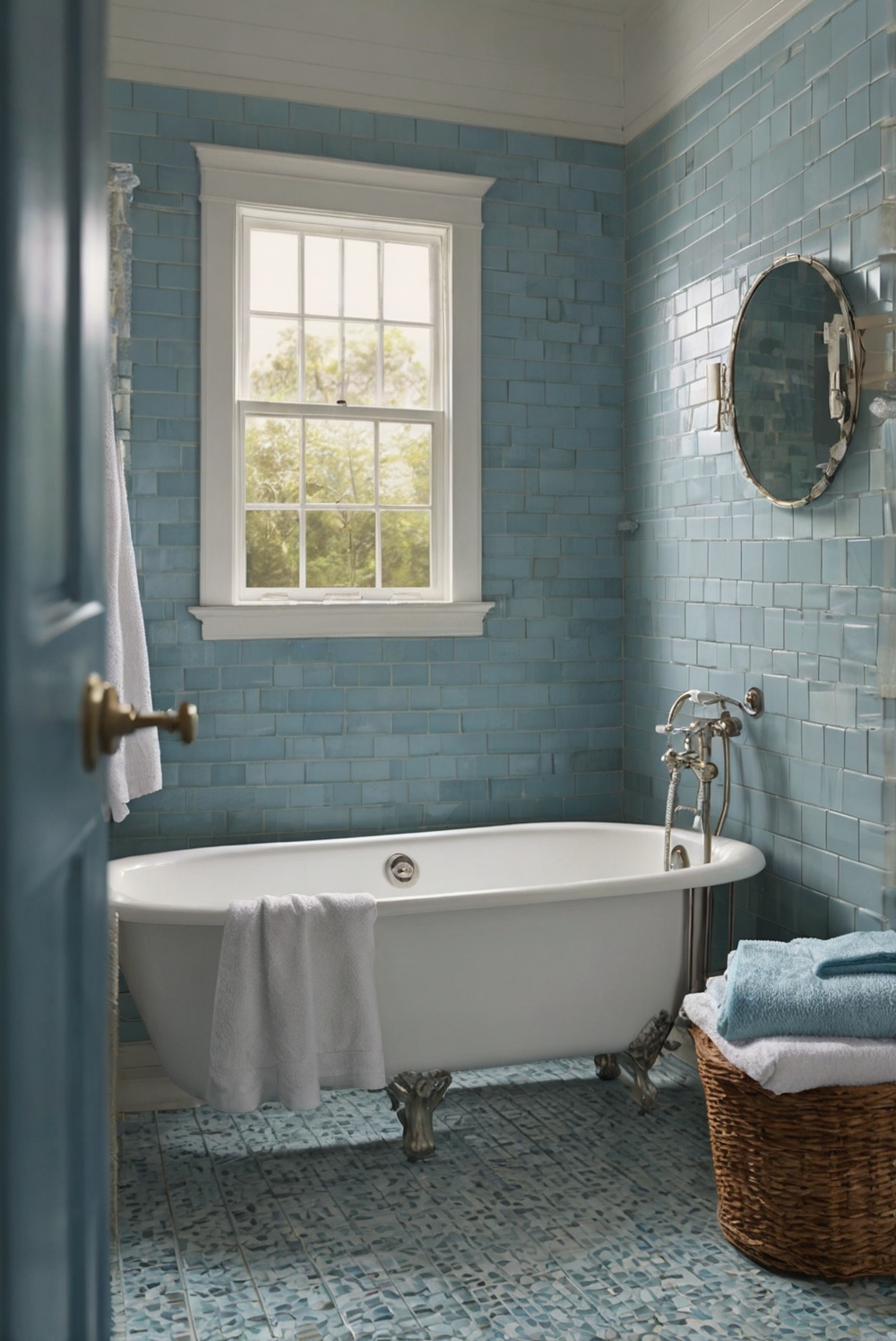“Discover the secrets behind tiles’ durability and resistance to damage, essential factors in daily interior designer routines. Explore how tile characteristics contribute to long-lasting designs.”
What makes tiles durable and resistant to damage is their material composition and the manufacturing process. Tiles are usually made of ceramic, porcelain, or natural stone, which are known for their strength and durability. These materials are fired at high temperatures to make them hard and wear-resistant. Additionally, tiles are glazed or sealed to protect them from stains, scratches, and moisture, making them easy to clean and maintain.
To enhance the durability of tiles, proper installation is crucial. A level subfloor and professional installation ensure that the tiles are securely in place and less susceptible to cracking or shifting. Regular cleaning and maintenance also help prolong the lifespan of tiles and keep them looking new.
When choosing tiles for your home decorating, consider the durability, maintenance requirements, and aesthetic appeal to create a stylish and long-lasting interior design.
What makes tiles durable and resistant to damage?
Tiles are known for their durability and resistance to damage, making them a popular choice for flooring and walls in homes and commercial spaces. Several factors contribute to the durability of tiles:
Material:
The material used to make tiles plays a crucial role in their durability. Tiles made from materials such as ceramic, porcelain, or natural stone are known for their strength and resistance to wear and tear. These materials are hard and can withstand heavy foot traffic and impact without getting damaged easily.
Glaze:
The glaze applied to tiles serves as a protective layer that enhances their durability. The glaze not only adds color and texture to the tiles but also makes them resistant to stains, scratches, and moisture. High-quality glazes can make tiles more resilient to damage, ensuring they last longer and look new for years.
Installation:
Proper installation is essential for the durability of tiles. Tiles need to be installed correctly to ensure they are secured in place and can withstand daily use. Improperly installed tiles are more prone to cracking, chipping, or loosening over time. Hiring a professional installer can help ensure that the tiles are laid out correctly and securely.
Regular maintenance:
Aside from the initial factors that contribute to the durability of tiles, regular maintenance plays a crucial role in keeping them in top condition. Cleaning tiles regularly with the right products and methods can help prevent damage from dirt, grime, and spills. Sealing natural stone tiles can also enhance their resistance to stains and moisture, prolonging their lifespan.
Protective measures:
To further enhance the durability of tiles, there are additional protective measures that can be taken. Using rugs or mats in high-traffic areas can help reduce wear and tear on the tiles. Avoiding dragging heavy furniture or sharp objects across the tiles can also prevent scratches and damage. Additionally, applying a sealant to grout lines can help prevent discoloration and water damage.
In conclusion, the durability and resistance to damage of tiles are influenced by factors such as the material used, the quality of the glaze, proper installation, regular maintenance, and protective measures. By considering these aspects and taking proactive steps to care for tiles, homeowners and businesses can ensure that their tiled surfaces remain in excellent condition for years to come.

